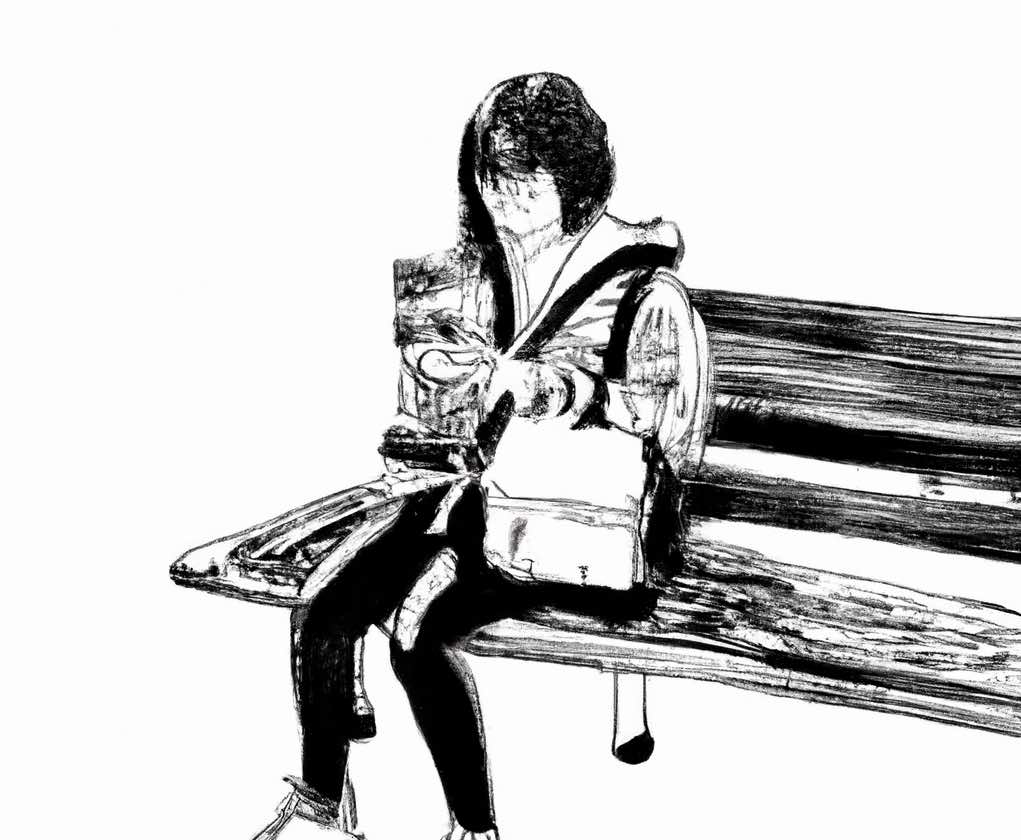It can be difficult for people with OCD to resist the urge to check for things. They may feel like they need to check things over and over again to make sure they are safe or to prevent something bad from happening. This can interfere with daily activities and make it hard for people to focus on other things.
Opinions on the matter of checking are naturally varied. It is normal to check, and everyone does that. But at the same time, people dealing with OCD have a tendency to check excessively to deal with their anxiety. Various Reddit posts discuss this matter, and while the community has a plethora of ideas, not all of them are actually helpful as a long term solution.
I’ve suffered from OCD for as long as I can remember. Checking has always been one of my main compulsions. I’ve spent hours every day checking locks, appliances, and making sure everything is in its place. It’s been a constant battle to try to stay ahead of the OCD and keep my anxiety at bay. Over the years, I’ve learned some techniques to help me cope with my OCD, but there are still times when it gets the best of me.
A year ago, I started using a checking app on my phone to help me keep track of everything I need to check. While this has been helpful in some ways, it has also increased my OCD distress. I found myself constantly needing to check the app to make sure I haven’t missed anything. This has led to more anxiety and more checking. I was in a cycle of checking that is even harder to break than before.
When I realized this was becoming a problem, I started working on finding a balance with the app and trying to use it as a tool to help me rather than something that exacerbates my OCD.
Malina, Greece
Checking and distress
For people with OCD, checking can actually increase distress. This is because the act of checking can reinforce the person’s beliefs that something bad will happen if they don’t check. Checking can also lead to more anxiety and intrusive thoughts. It’s important for people with OCD to understand that checking won’t make things better and can actually make things worse. If you or someone you know has OCD, it’s important to seek out professional help.
Tips for reducing checking
- Use a timer: Set a timer for a specific amount of time and only allow yourself to check once that time has passed.
- Distract yourself: Find something else to focus on that takes up your attention and time.
- Create a barrier: Put something physical in between you and what you’re trying not to check.
- Let go of perfection: Remind yourself that it’s okay if things aren’t perfect and that you can still function even if things aren’t exactly as you want them to be.
- Seek professional help: If you’re struggling to resist the urge to check, it may be helpful to talk to a therapist who can provide you with additional tools and support.
